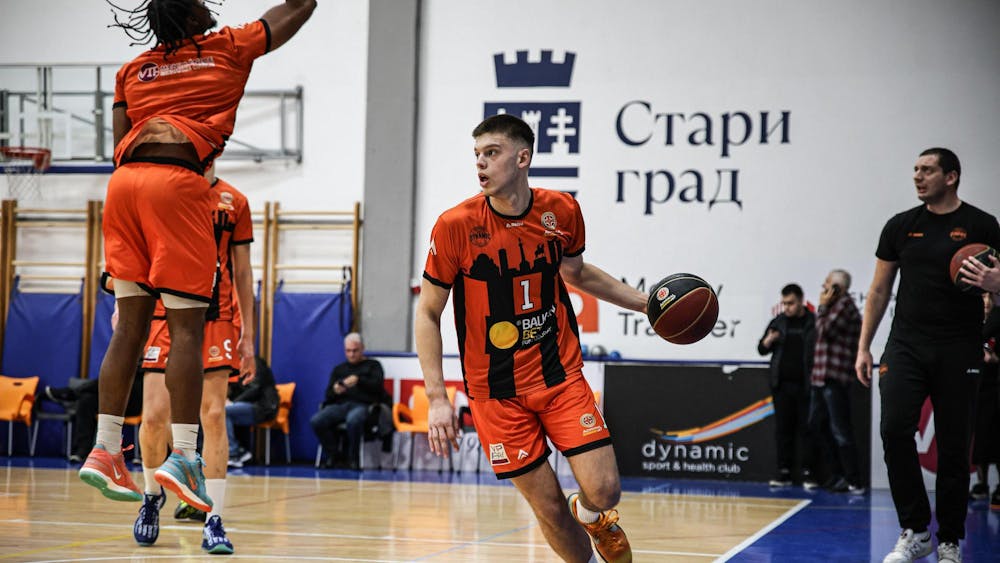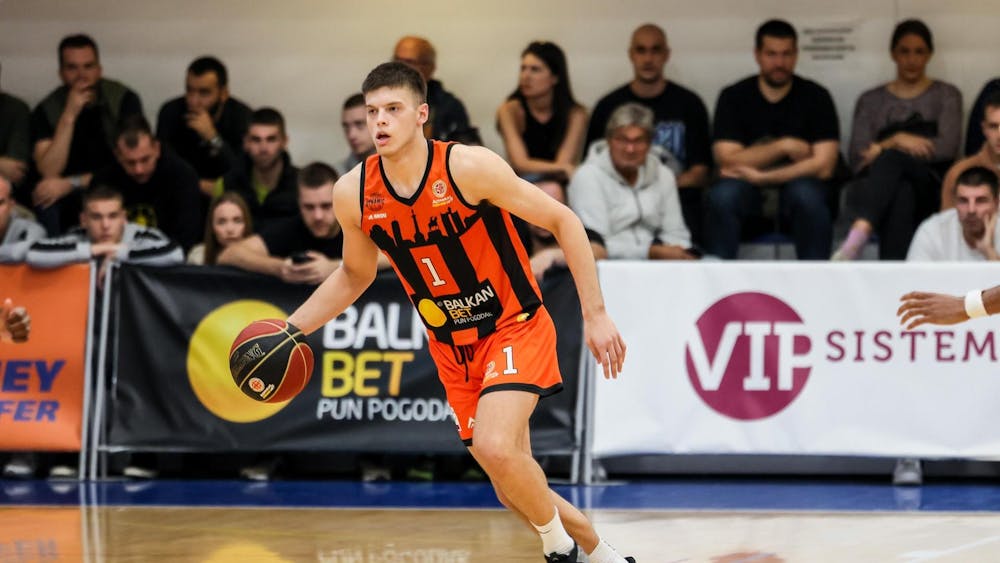INDIANAPOLIS -- The NCAA's decision to ban "hostile" and "abusive" American Indian nicknames from its postseason events has stirred a new debate, and a threat of legal action from at least one school.\nFlorida State and Illinois are among the 18 schools with an American Indian nickname or logo that will be prohibited by the NCAA from displaying them in postseason events, starting in February. The names will not be allowed on team uniforms and mascots -- such as the Fighting Illini's Chief Illiniwek -- will not be allowed to perform at games. Even band members and cheerleaders will be barred from using American Indians on their uniforms beginning in 2008.\nFlorida State president T.K. Wetherell was already threatening legal action to keep his school's nickname -- Seminoles -- intact.\n"I intend to pursue all legal avenues to ensure that this unacceptable decision is overturned, and that this university will forever be associated with the 'unconquered' spirit of the Seminole Tribe of Florida," he said in a written statement.\nThe committee also recommended schools follow the examples of Wisconsin and Iowa and not schedule contests against universities that use American Indian nicknames.\nWhile NCAA officials admit they cannot force schools to change nicknames or logos, they want to make a statement they believe is long overdue: It's time for the Indian names to go.\nThe 18 schools will not be permitted to host future NCAA tournament games, and if events have already been awarded to those schools, they must cover any logos or nicknames that appear.\nMajor college football teams will be excluded because there is no official NCAA tournament.\nThe NCAA's move did nothing to end the controversy over the use of American Indian nicknames.\nWetherell, for instance, was upset the NCAA discounted a June statement from the Florida-based Seminoles, which gave the university permission to use the nickname.\nAn NCAA official said other Seminole tribes around the nation were opposed.\nAnd at Illinois, spokesman Tom Hardy said the university would now have to decipher what the definitions of "hostile" and "abusive."\n"There's no question that the university and the board of trustees are going to have to look at what the NCAA put out today and make a determination on how it impacts the institution and go from there," Hardy said.\nEven supporters of the ban were disappointed.\nVernon Bellecourt, president of the National Coalition on Racism in Sports and Media and a member of the Anishinabe-Ojibwe Nation in Minnesota, approved of the ban but had hoped the NCAA would take even stronger action.\n"We're not so happy about the fact that they didn't make the decision to ban the use of Indian team names and mascots," he said.\nChairman Walter Harrison, president of the University of Hartford, said the committee does not have that authority.\n"We believe hostile or abusive nicknames are troubling to us and it can't continue," Harrison said.\nBut there were exceptions.\nPresident Myles Brand noted that some schools using the Warrior nickname will not face the ban because they do not use American Indian symbols. One school, North Carolina-Pembroke -- which uses the nickname Braves -- will also be exempted because Brand said the school has historically had a high percentage of students, more than 20 percent, who are American Indians.\nTwo years ago, the NCAA also recommended schools determine for themselves whether Indian depictions were offensive. Among the schools to change nicknames in recent years were St. John's (from Redmen to Red Storm) and Marquette (from Warriors to Golden Eagles).\nOther schools, such as Florida State, did not make the changes and now find themselves embroiled in a battle to keep their names.\n"The rules as we understand them would have us cover the Seminole name and symbol as if we were embarrassed, and any committee that would think that is a proper and respectful treatment of Native Americans should be ashamed," Wetherell said.
NCAA looks to end offensive American Indian nicknames
Get stories like this in your inbox
Subscribe




